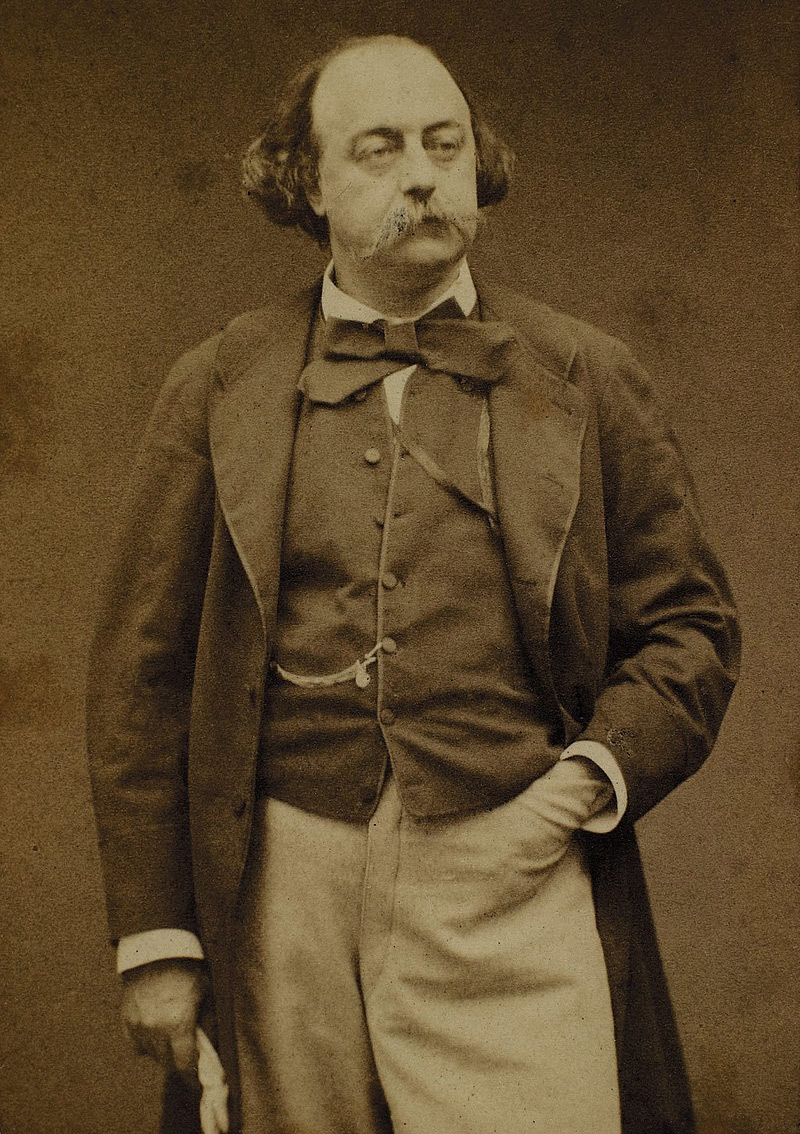
Themes: Desire, frustration, bourgeois routine
Why read it: Because he wrote with surgical precision about the tedium and broken dreams of the 19th century.
Importance: Master of style and precursor of symbolism; redefined the novel as art.
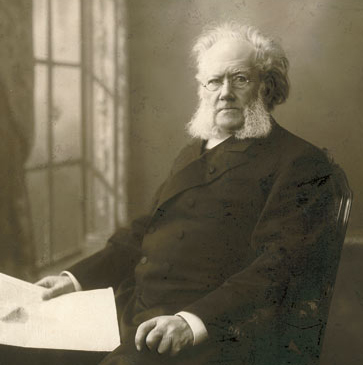
Themes: Misery, redemption, revolution, justice
Why read it: To understand the spirit of Romanticism and social commitment in the face of oppression.
Significance: He was the literary voice of the marginalized in 19th century France and a bridge between literature and political action.
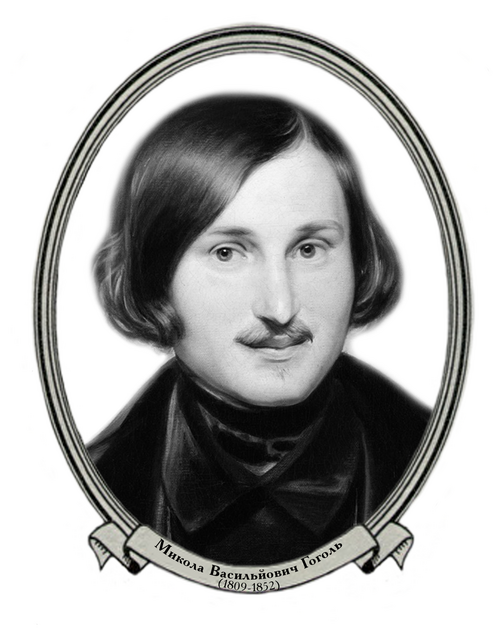
Subjects: Industrialization, poverty, inequality, childhood
Why read it: His novels realistically and compassionately portray the social effects of the Industrial Revolution.
Significance: It gave a human face to the abuses of early capitalism and helped shape British social consciousness.
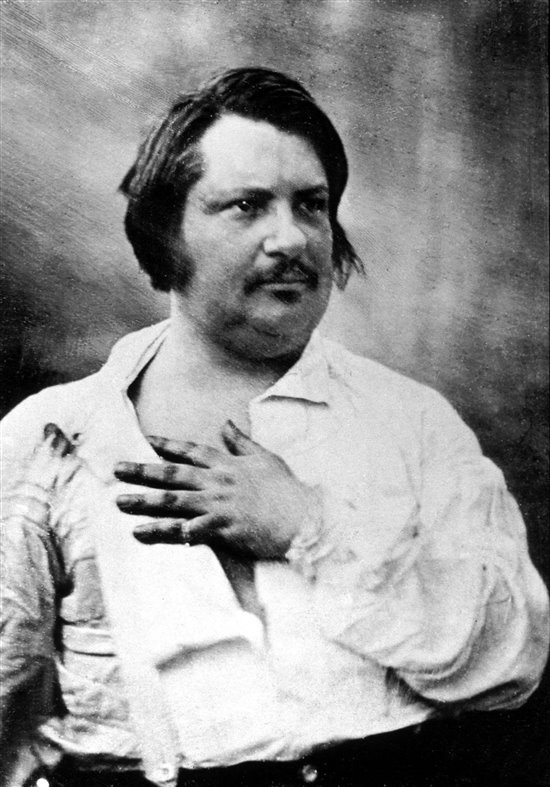
Subjects: Guilt, faith, free will, nihilism, nihilism
Why read it: Because it explores the depths of the human soul and the moral tensions of his time.
Significance: His ideas anticipated the existential and psychoanalytic debates of the 20th century.
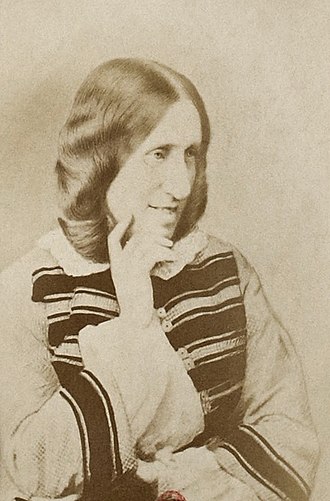
Subjects: Love, war, moral transformation, faith
Why read it: To understand man's inner conflicts with society, war and God.
Importance: Master of narrative realism and moral figure of universal scope.

Themes: Passion, wisdom, modernity, search for meaning
Why read it: His work marks the beginning of modern thought and European Romanticism.
Importance: He influenced generations of writers, philosophers and scientists; he was a truly universal man.
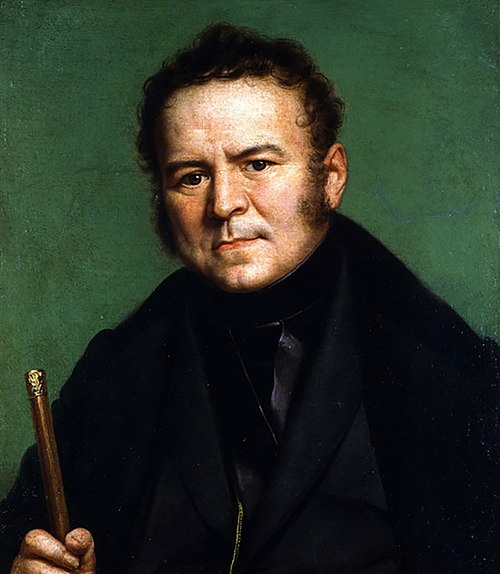
Themes: Ambition, social hypocrisy, love, power
Why read it: For its sharp critique of post-Napoleonic society and its portrait of the modern soul.
Importance: Precursor of psychological realism and the modern novel.
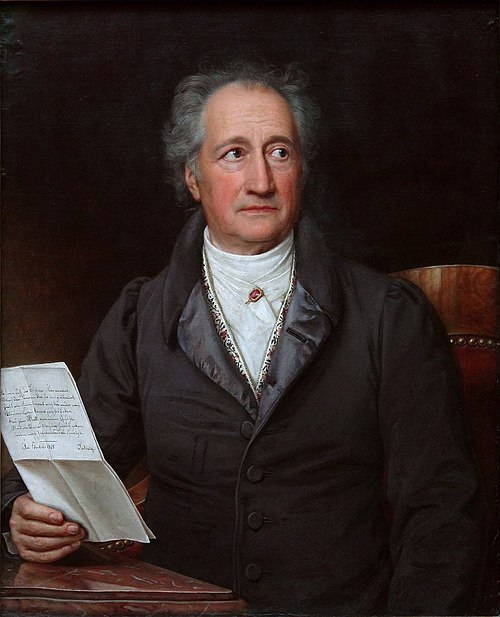
Subjects: Social determinism, feminism, rural decadence, rural decay
Why read her: She was a pioneer in introducing naturalism in Spanish literature and denounced female oppression.
Importance: Influential intellectual and referent of feminist thought in Europe.
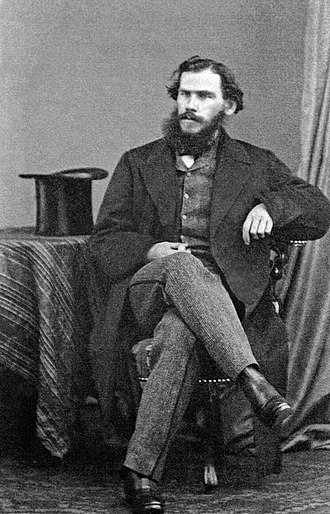
Themes: Morality, personal choices, rural life
Why read it: Because it raises real ethical dilemmas with a compassionate and profound look.
Significance: Introduced philosophical introspection into the Victorian novel.
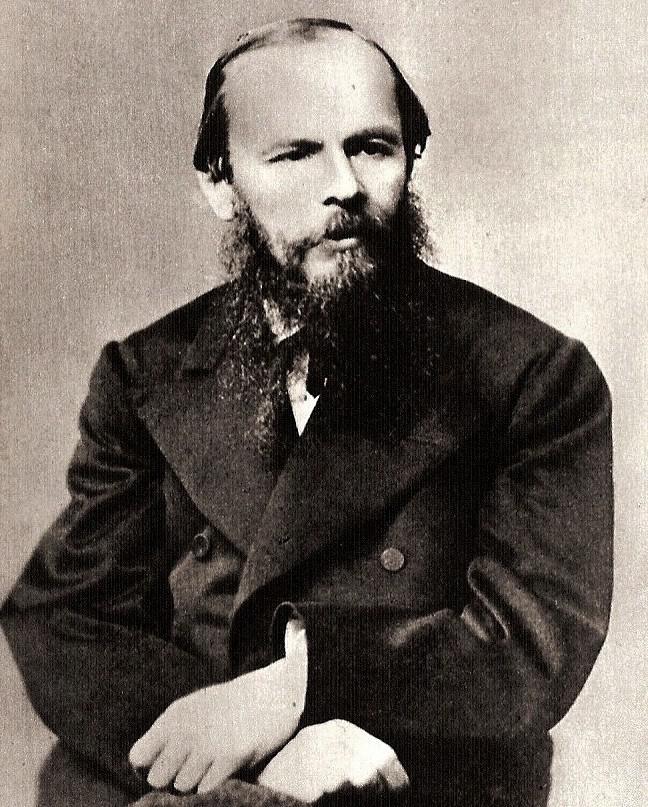
Themes: Ambition, greed, social decadence, power
Why read it: His work portrays the entire spectrum of French society after the Revolution.
Importance: Creator of an interconnected literary universe; direct antecedent of Zola and Proust.
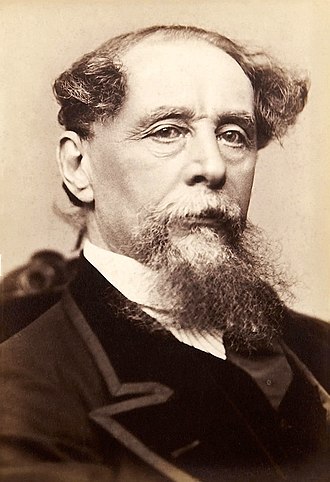
Subjects: Bureaucracy, absurdity, identity, corruption
Why read it: It mixes realism and satire with fantastic elements, exposing the soul of Tsarist Russia.
Significance: He was key in the evolution of the modern fairy tale and precursor of magical realism.
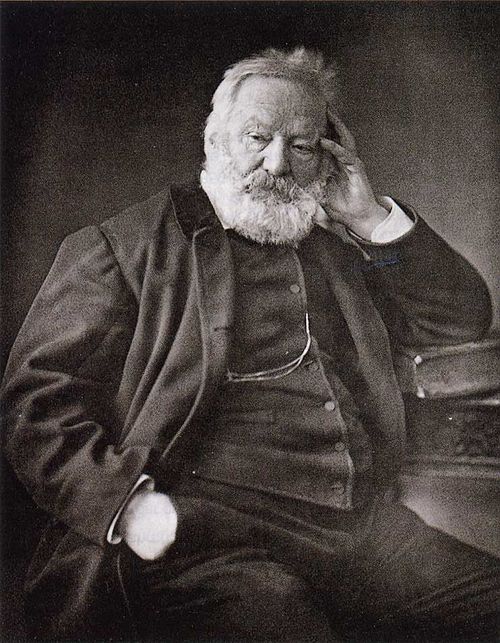
Subjects: Social hypocrisy, Individual freedom, Marriage
Why read it: Modern theater was born with his plays, which questioned the social structures of the 19th century.
Importance: Revolutionized drama with complex female characters and criticism of bourgeois norms.